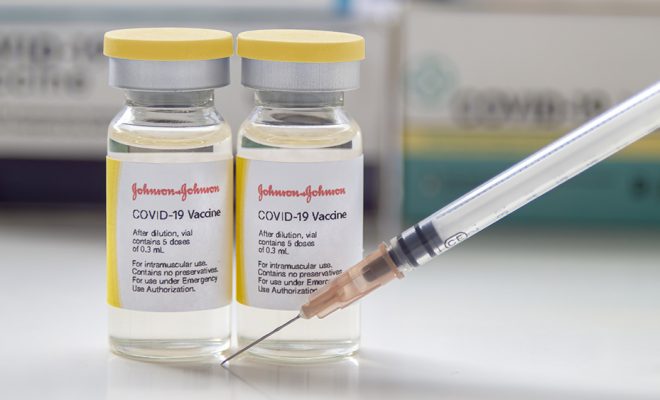Drugs That May Kill You Before They Get The Chance to Cure You

Millions of people have met with their untimely death while trying to treat simple ailments. “Beta-blockers are drugs used to treat high blood pressure, but they block neurotransmitters and dilate blood vessels. The side effects include hundreds of thousands of deaths.” NaturalNews.com. This motivates a call for action on the parts of patients, to conduct personal research about prescribed medications, not minding how much their doctors may have vouched for such medications.
Treatingcancer.org has published a list of popular medication that could make a patient sicker than they really are.
Chemotherapy: According toThejournal.ie, on average, most family members would rate the patient’s quality of life while undergoing chemotherapy as 5 out of 10, mainly because of the side effects like hair loss, nausea/vomiting and loss of appetite. A cancer patient, Nicolar Elmer once said “That’s the strange thing about a cancer diagnosis, especially breast cancer because I was feeling really well, in the prime of physical health and fitness and then they started giving me a drug to make me feel sick. The treatment makes you sicker than the actual disease at the time but you’re always grateful for it because it’s a lifesaver.”
Blood Thinners: The side effects of blood thinners are abundant and can actually make one feel worse off than the effects of the illness itself. Excessive bleeding is the most common side effect, while one is on blood thinners; it is usually advised to stay away from sharp objects. Other side effects can include: dizziness, muscle weakness, hair loss and rashes
Antibiotics: Antibiotics are medication designed to annihilate or slow down the growth of bacteria in the body or slow down the growth of bacteria, such as a specific flu virus or a particular pathogen in your GI Tract.When you take an antibiotic, it enters your bloodstream and travels through your body, killing bacteria but not human cells. However, the destruction of these bacteria does not often end well, because antibiotics would destroy both the bacteria essential for healthy living. It could also lead to antibiotics resistance, a case in which ailments in the body no longer responds to antibiotic treatments
Steroids and Cortisone Shots: Patients who took cortisone shots have been known to complain about feeling really sick after the shot, Drugs.com. A 2012 study of injected corticosteroids found that a single shot into the spine for back pain reduced bone mineral density of the hip. Whether administered by injection, in pills or through an inhaler, steroids weaken bones. So, doctors often advise patients on prednisone to take extra vitamin D and calcium; osteoporosis medications may even be prescribed to prevent fractures. (They also recommend that people take prednisone with food or milk to limit stomach discomfort.) Because of prednisone’s side effects, doctors often prescribe it in a step-down dosage — a blast of higher doses at the beginning, then tapering off. Prednisone suppresses the immune system and adrenal function, so doctors say that if you stop cold turkey, the adrenal glands may not respond as they would normally. This is a condition called "adrenal insufficiency."Cleveland.com
Anti-Depression Medications: A majority of patients who commit suicide are said to have already been on anti-depression medication. Side effects of these drugs include nausea, increased appetite and weight gain, loss of sexual desire and other sexual problems, such as erectile dysfunction and decreased orgasm, fatigue and drowsiness, insomnia, dry mouth, blurred vision, constipation. This makes one wonder how a drug which causes all these depressing symptoms can still treat depression.
Flu shot:According to therefusers.com, a strange vaccine-related phenomenon spotted at the start of the Canadian 2009 flu pandemic may well have been real. Canadian researchers noticed in the early weeks of the pandemic that people who got flu shot for the 2008-2009 winter seemed to be more likely to get infected with the pandemic virus than people who hadn’t received a flu shot. Five studies done in several provinces, showed the same puzzling and unsettling results. But initially research outside of Canada did not, and the effect was dismissed as “the Canadian problem.
Many people in the flu research and public health communities found the whole event unhelpful, and many rejected the findings. Some suggested if there was a problem, it might have been with the flu vaccine used in Canada, because the problem wasn’t seen elsewhere. However, a later research revealed that the findings may have been real.
But a later study suggested the findings may indeed have been real. A group of Canadian researchers recreated the event in ferrets, the best animal model for predicting how influenza will act in humans. They worked with animals because it would have been unethical to subject people to the health risks the work entailed.
Dr. Danuta Skowronski, an influenza expert at the B.C. Centre for Disease Control in Vancouver, and her colleagues worked with 32 ferrets, giving half the 2008 seasonal flu shot and the remainder a placebo injection. The work was blinded, meaning the researchers didn’t know which ferrets received which shot. Later, all the ferrets were infected with the pandemic H1N1 virus. The ferrets in the vaccine group became significantly sicker than the other animals, though all recovered. “The findings that we show are consistent with the increased risk that we saw in the human studies,” Skowronski said.
She said that in the time since the pandemic, researchers in other countries have reported a similar interaction.The reason for the effect is unclear, and Skowronski urged other research groups to take up the question. She said it is important to get to the root of what happened, before the next pandemic.
Other drugs that can make you sicker than you really are include antihistamines, high Cholesterol medications, and anti-anxiety medications. Government agencies need to take more responsibility on calling for further research on these medications which have possible death as a side effect.











